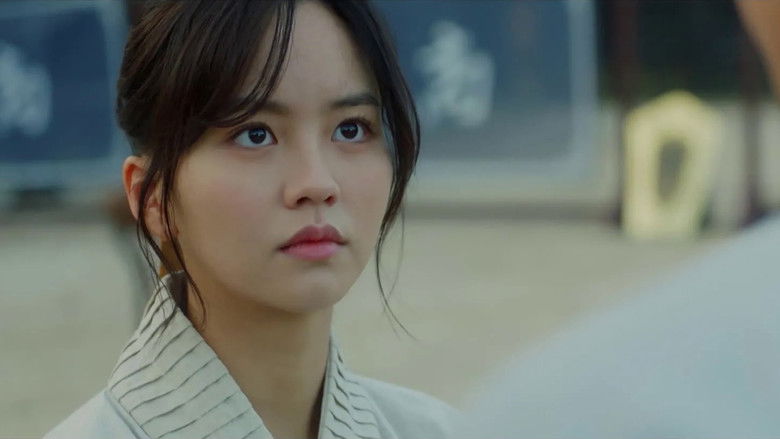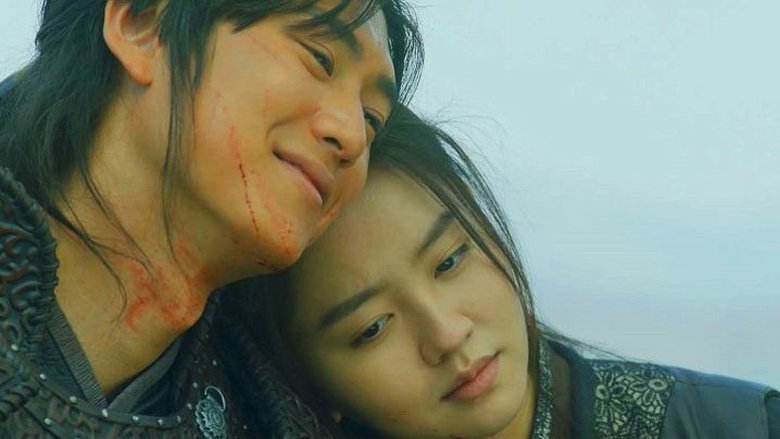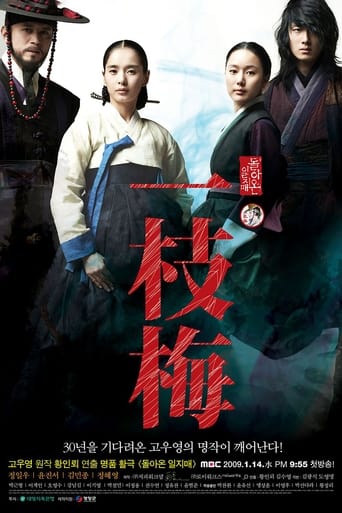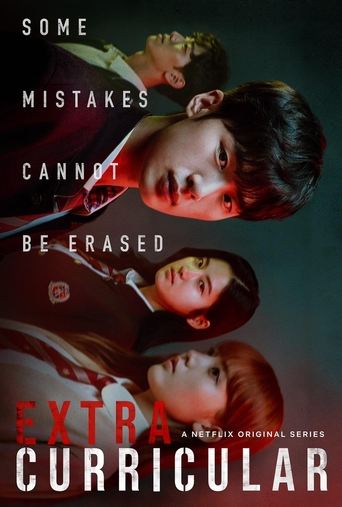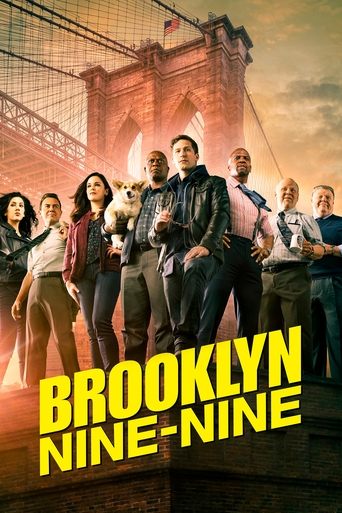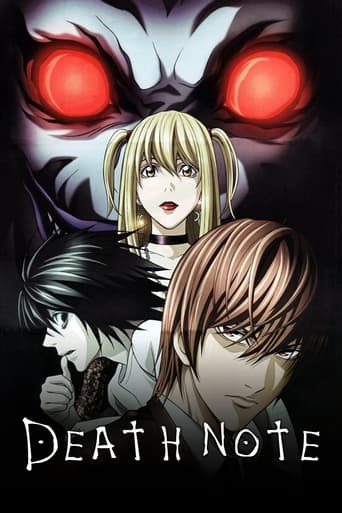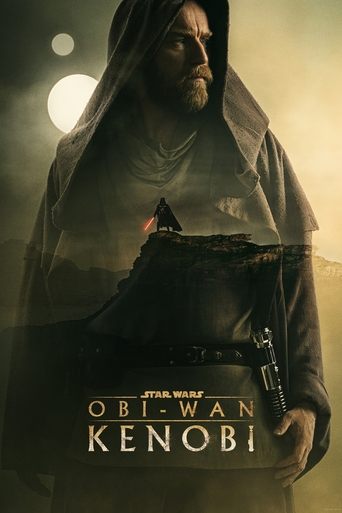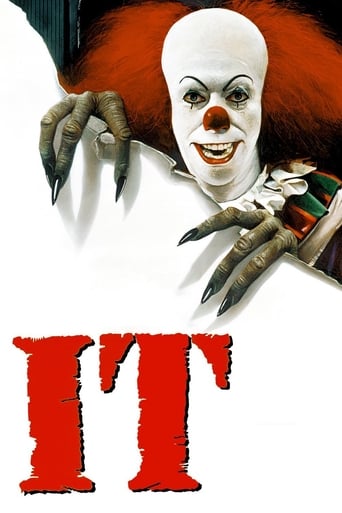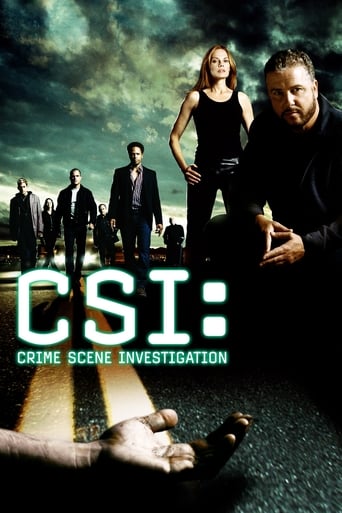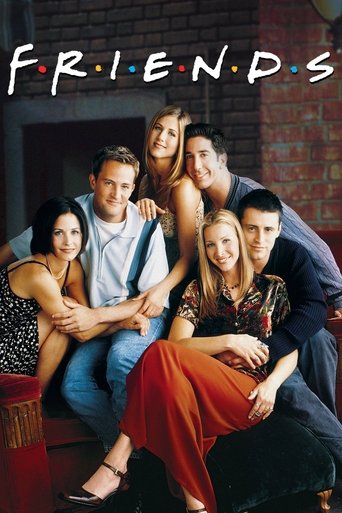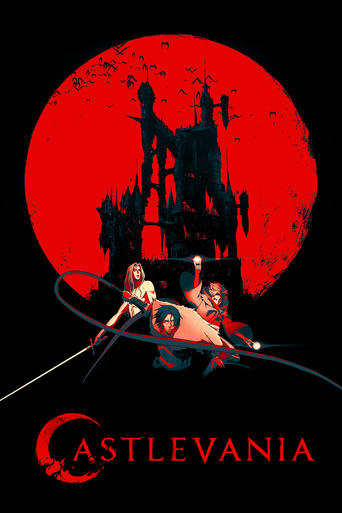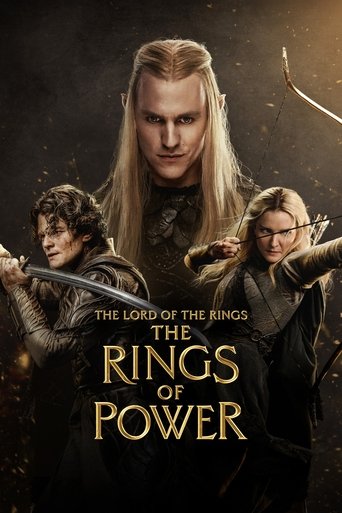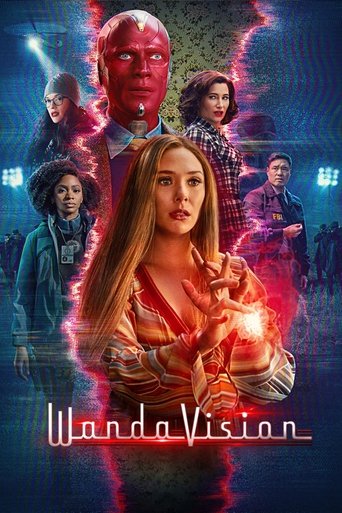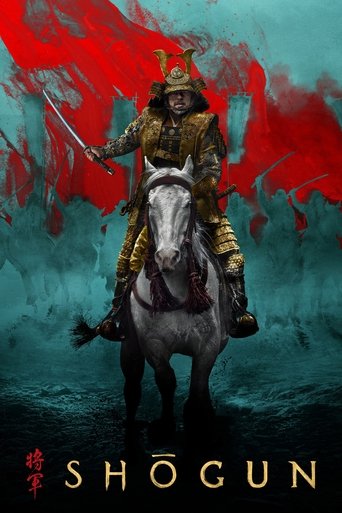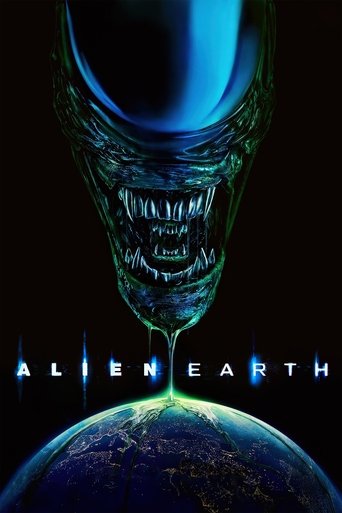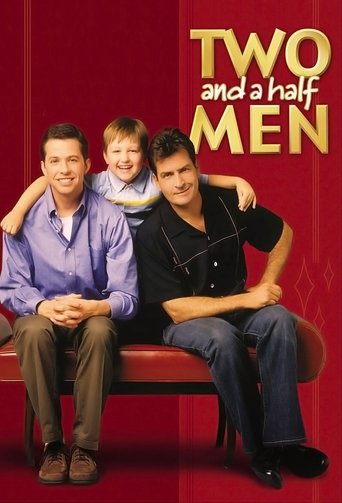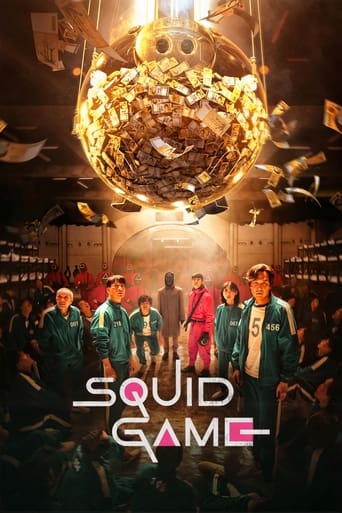River Where the Moon Rises
Born a princess and raised a soldier, Pyeong Gang is a woman with big dreams and limitless ambition. Determined to become the first Empress of Goguryeo, Pyeong Gang will stop at nothing to make her dream come true. Clever and level headed, Pyeong Gang is well aware of the obstacles that stand in her way and she’s more than capable of taking them on. With meticulous planning, she sets out to make her dream come true. But things take an unexpected turn, the day she meets On Dal.
Seasons
In a time of hatred and despair, words become swords that wound one another. In the end, those swords point at the hearts of the sword-bearers themselves. The modern world faces such harsh realities, but so does the world in which this drama takes place. This is the story of the great kingdom of Goguryeo and the daughter of the 25th king, King Pyeongwon. Princess Pyeonggang is born royal, yet she is raised by humble folks. Despite the droves of enemies vying for her life at any moment, this fierce woman never gives in nor loses strength. Even amidst calamity and political strife, she remains steadfast to protect the ones she loves and her beloved kingdom.
Cast
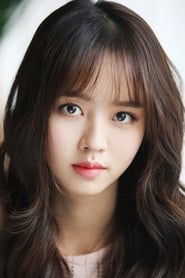
Kim So-hyun
Pyeong-gang / Yeom Ga-jin / Queen Yeon
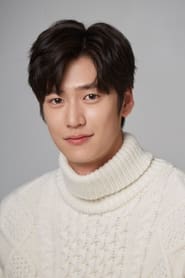
Na In-woo
On Dal
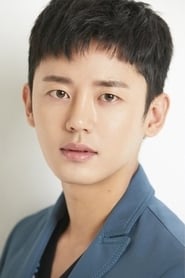
Lee Ji-hoon
Go Geon

Choi Yu-hwa
Hae Mo Yong
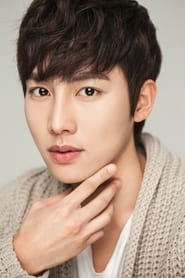
Kwon Hwa-woon
King Yeong Yang

Kim Hee-jung
Tara Jin
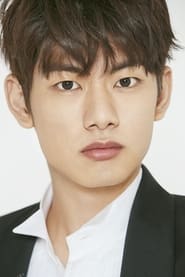
Ryu Ui-hyun
Tara San

Wang Bit-na
Jin-bi

Cho Tae-kwan
Wol-gwang
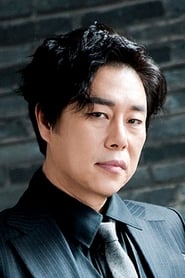
Kim Pub-lae
King Pyeong-won

Park Soo-oh
Crown prince
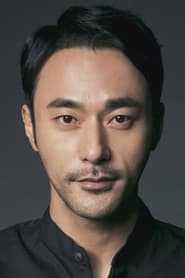
Yoon Ju-man
Sang-cheol
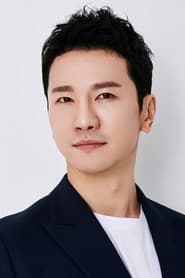
Son Woo-hyuk
Tae-gam
More Like This
Reviews
ParkMin
River Where the Stars Fizzle Away. The story suffered from erratic pacing, cramming too many plots that made it hard keep any interesting narrative. The characters were a simulated circus clown that kept making foolish moves intentionally at every turn. Might explains why it's 20 episodes. The childish love square was another contributor in that regard. Na In Woo's portrayal felt strained, his expressions, intonations, inflections, and emotions seemingly forced to fit the character mold. Comparing it to the original version, it seems there was a notable disparity. Checked a couple of scenes side by side, there's a clear difference in the delivery, as big as expressing an entirely different emotion of the exact same scene. I wonder what was the director even doing? The lack of chemistry with his colleagues was obvious too. He was called to fill in a role on a quick notice with so little to work with in the first place. All of that didn't compare to the abysmal last episode, and even worse, the detestable last scene.
You've reached the end.







